What is the significance of September 23? How many days off do students in Vietnam get on this occassion?
What is the significance of September 23?
Tracing back to the history of our Vietnamese Nation, on September 23, under the leadership of the Central Committee of the Vietnam Communist Party, headed by President Ho Chi Minh, the Southern Committee, the People's Committee, and the Resistance Committee of the South promptly mobilized the army and people of the South to begin the resistance war against the French colonial invaders.
The Southern Resistance Day is considered the starting point for the prolonged resistance war of the Vietnamese nation against the French colonial invaders.
Only 21 days after the country gained independence, the French colonialists harbored ambitions to invade our country once again.
On September 23, 1945, they opened fire on Saigon, initiating the second invasion war of our country.
However, under the leadership of the Vietnam Communist Party and Uncle Ho, the army and people of the South were determined to fight resolutely against the colonial invaders for the second time.
Thus, September 23 is the Southern Resistance Day against the French colonial invaders under the beloved leadership of Uncle Ho of the Vietnamese nation.
*Note: As of September 2024, it will be the 79th anniversary of the Southern Resistance Day (September 23, 1945 - September 23, 2024).
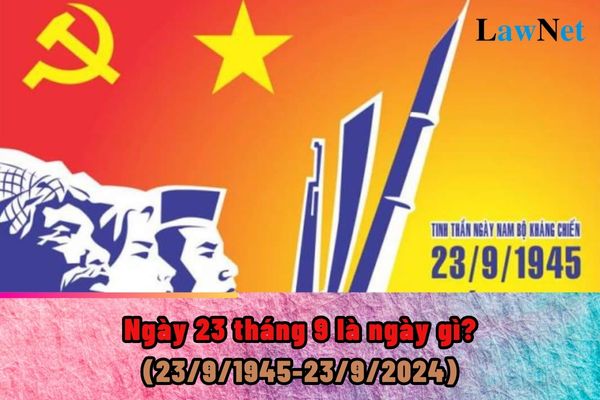
What is the significance of September 23? How many days off do students in Vietnam get on this occassion? (Image from the Internet)
How many days off do students in Vietnam get on September 23, 2024 (Southern Resistance Day)?
Currently, the law does not have provisions for students to have a day off on Southern Resistance Day, September 23, 2024. Therefore, there will be no official day off.
Moreover, considering Article 112 of the Labor Code 2019 regarding days off:
Holidays, Tet:
1. Employees are entitled to time off from work with full pay on the following holidays and Tet::
a) New Year's Day: 01 day (January 01 of the Gregorian calendar);:
b) Lunar New Year: 05 days;:
c) Victory Day: 01 day (April 30 of the Gregorian calendar);:
d) International Labor Day: 01 day (May 01 of the Gregorian calendar);:
dd) National Day: 02 days (September 02 of the Gregorian calendar and 01 contiguous day either before or after);:
e) Hung Kings' Commemoration Day: 01 day (the 10th day of the 3rd lunar month).:
2. Foreign employees working in Vietnam, in addition to the holidays prescribed in Clause 1 of this Article, are also entitled to one traditional day of their nation and one National Day of their country.:
3. Annually, based on actual conditions, the Prime Minister of the Government of Vietnam decides the specific holidays prescribed in Point b and Point dd of Clause 1 of this Article.:
Given that students will follow the schedule of their teachers and schools, this day is not an annual holiday.
From this, on Southern Resistance Day, September 23, 2024, students will not have a day off.
However, if Southern Resistance Day, September 23, 2024, falls on a Saturday or Sunday (a weekly day off), then students will have a day off.
In 2024, Southern Resistance Day on September 23 falls on a Monday, so students will still attend school as usual.
What are policies for students in Vietnam?
Students in the national education system will benefit from various policies applicable to their level of education.
Policies for students:
To encourage and facilitate learning for individuals in the national education system, the State has introduced policies stipulated from Article 84 to Article 88 of the Education Law 2019. To be specific:
* Education credit policies for students
- The State provides preferential credit policies regarding interest rates, conditions, and loan terms to enable students to continue their studies.
- Encourages private investment in educational credit activities.
* Policies on scholarships, social allowances, tuition exemption/reduction, and financial support for tuition and living expenses
- The State provides scholarship policies to encourage outstanding students in specialized and gifted schools as stipulated in Article 62 of the Education Law 2019 and students with good academic and disciplinary records in vocational education institutions and higher education institutions.
- Grants policy scholarships to enrollment-based students, students in preparatory universities, boarding secondary schools for ethnic minorities, and students in vocational education institutions for war invalids and people with disabilities.
- The State provides allowance policies and tuition exemption/reduction for socially disadvantaged students, ethnic minorities in economically and socially disadvantaged areas, orphans, homeless children, people with disabilities, and those from poor and near-poor households.
- Encourages organizations and individuals to award scholarships or allowances to students following legal regulations.
- Pedagogical students receive support for tuition and living expenses throughout their course.
- Individuals receiving tuition and living expense support after graduating for two years, if they do not work in the education sector or do not meet the defined duration, must repay the amount supported by the State. The repayment period is a maximum of the training duration.
* Policies on student reward
Students with exceptional academic and disciplinary achievements are praised by educational institutions and educational management agencies; those with extraordinary accomplishments are rewarded following legal regulations.
* Policies on public service fare exemption or reduction for students
Students benefit from policies for fare exemption or reduction when using public services for transportation, entertainment, visiting museums, historical sites, and cultural works as regulated by the Government of Vietnam.
* Enrollment policies for students in disadvantaged areas
- The State implements enrollment policies for upper secondary, college, and university students for ethnic minorities with very few people; ethnic minority students in especially difficult economic and social areas with no or few officials and public employees who are ethnic minorities.
- Moreover, it provides policies for creating enrollment sources, facilitating easy entry for these individuals into ethnic boarding schools, and extending preparatory university education.
- The Provincial People's Committee, based on local needs, proposes and allocates enrollment quotas; selects individuals to send to school based on approved standards and quotas; and considers and arranges jobs for individuals after graduation.
- Educational institutions are responsible for supporting students under enrollment policies to ensure output quality.
- Students under enrollment policies are obligated to return to work in the local area that sent them to study; receive consideration, recruitment, and job placement.
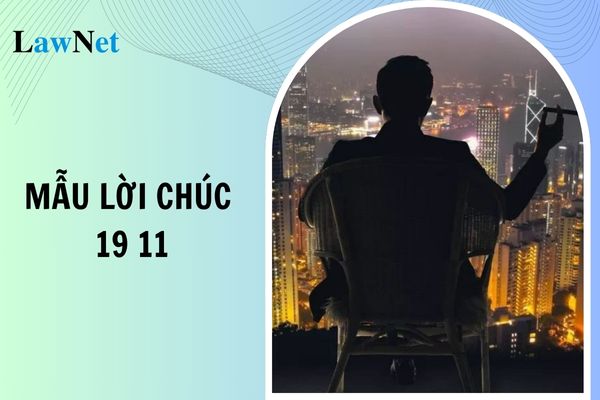
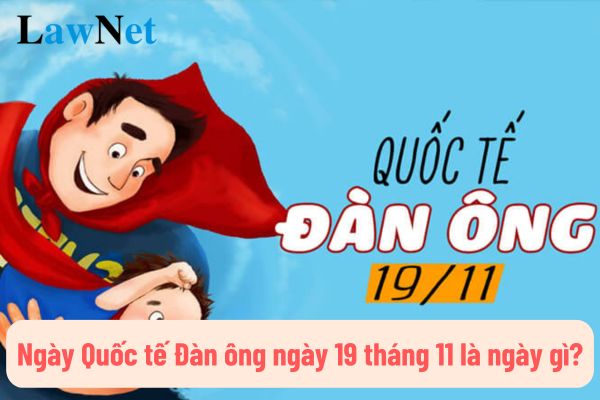
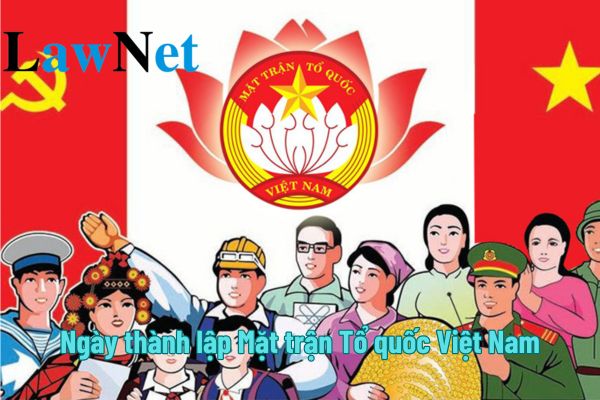

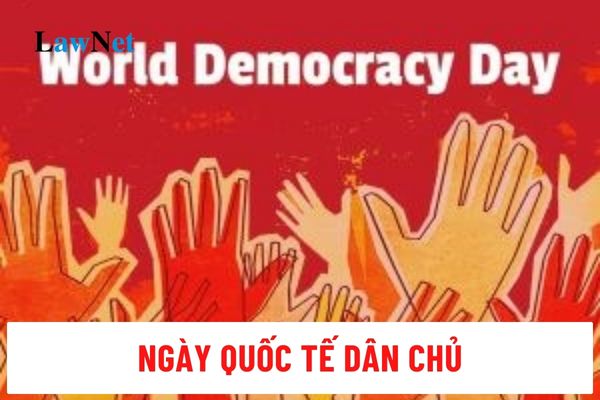
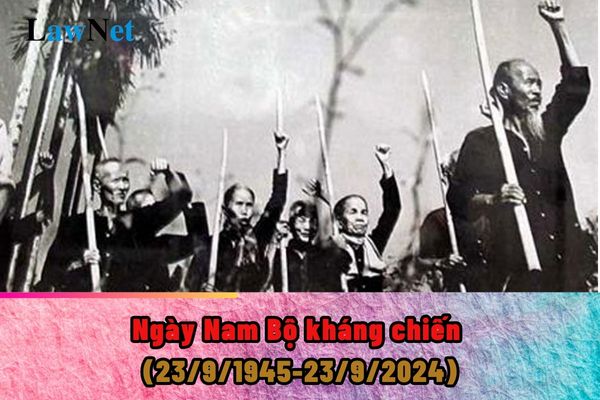
- Vietnam: What is the sample outline of an essay on the analysis of expressions of national spirit in the Poem "Việt Bắc" for 12th-grade students? What patriotic qualities are required for 12th-grade students?
- Vietnam: What are your thoughts on the Poem "Tiếng ru" by To Huu? How many lessons are there in the 12th-grade Literature curriculum per year?
- What are the sample essays describing your grandfather for 5th-grade students in Vietnam? What are the assessment criteria for 5th-grade students in 2024?
- Vietnam: What are the sample social argumentative essays on social media etiquette for 10th-grade students? What Vietnamese knowledge do 10th-grade students learn?
- Vietnam: Why is the French Bourgeois Revolution considered the most thorough one? What learning outcomes are required for 11th-grade students after studying the bourgeois revolution?
- Vietnam: What is the atmosphere? What is the grade at which students are required to master the knowledge of the atmosphere in the History and Geography curriculum?
- Vietnam: Why does the phenomenon of day and night alternation occur on Earth? What is the grade at which students learn about the phenomenon of day and night alternation on Earth?
- What is the newest report template on distance education at the higher education level in Vietnam?
- Vietnam: What are the shortest sample expositions on Ba Den Mountain for 9th-grade students? What learning outcomes are required for the writing process in the 9th-grade Literature curriculum?
- In Vietnam, what does local time mean? What is the grade at which local time is taught in the History and Geography curriculum?

